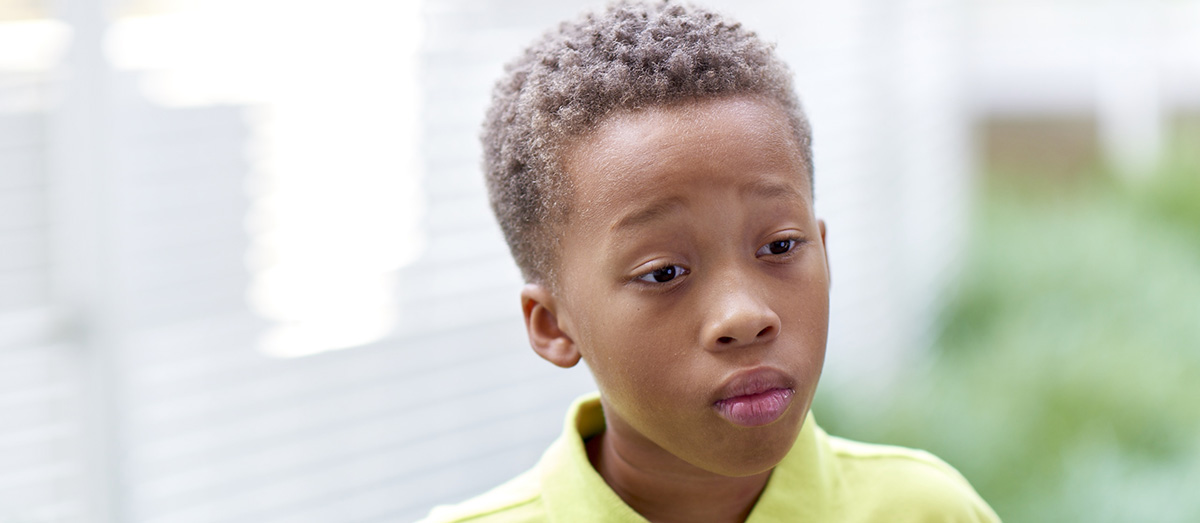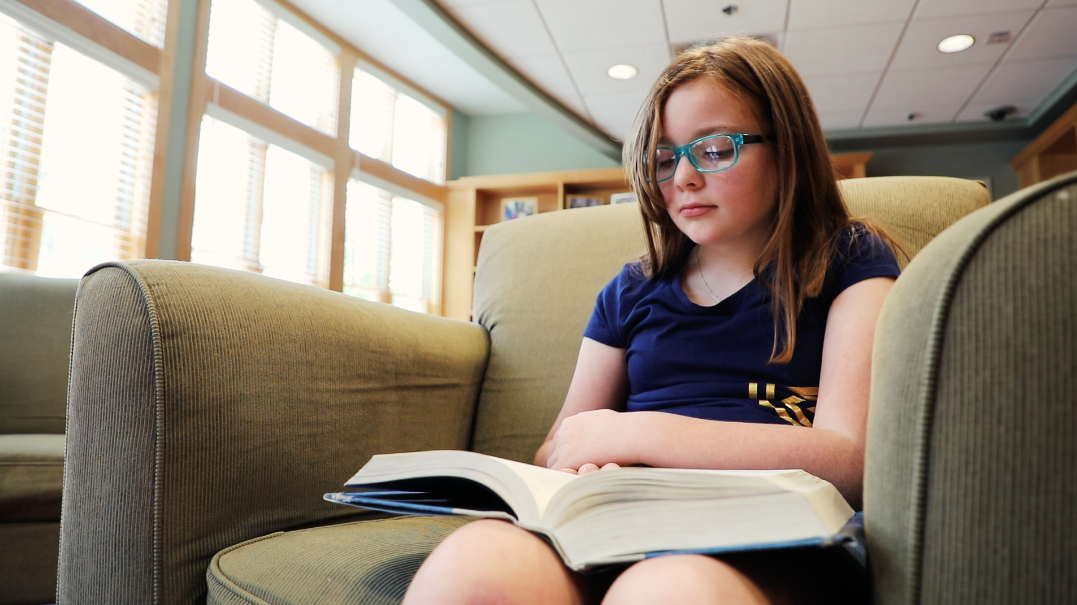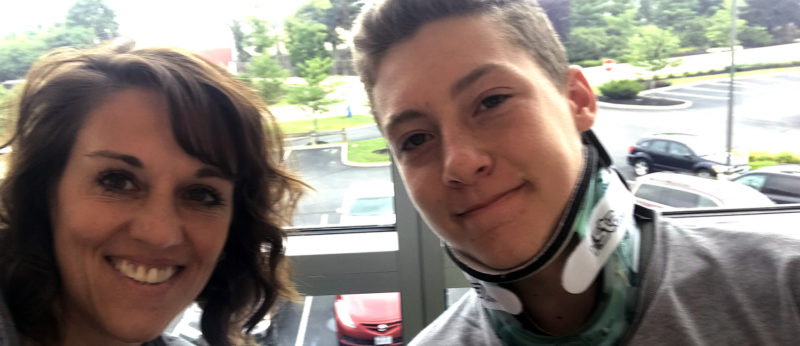When you see your child lying on the couch, holding their head and complaining of a headache, it can be concerning. Headaches, which can even occur in infants, are a common problem for young people of all ages. In fact, about 10% of school-aged children and 15-27% of teens experience them from time to time. Globally, migraine is the second most common neurological condition across all ages, while it is number one from ages 10 to 40 years old.
The most common type of recurrent headaches in children and adolescents is a migraine. Migraine is a genetic neurological condition with headache being one of its manifestations. The pain of headaches can be triggered by a number of different things:
Most Common Triggers of Headaches in Kids
- Inadequate hydration. Not drinking enough fluids is one of the biggest causes of headaches. This is especially true when the weather gets warmer and kids become more active outside and lose fluid through sweating. If this is the case, the cure might be as simple as having your child drink more water.
- Diet. Does your child eat regular meals? Skipping one meal, like breakfast, can trigger a headache. It’s also important to make sure that your child is eating a well-balanced diet with lots of fruits and vegetables. Withdrawal from too much caffeine can cause a headache as well.
- Sleep. Adequate and regular sleep are important factors to help prevent headaches. Kids ages 6–12 years old should regularly sleep 9–12 hours a night, while teens 13–18 years old should get 8–10 hours of sleep. When sleep is reduced or irregular (staying up late on the weekends, waking up early for school), it can often result in headaches. Even if a child gets enough sleep but has variable sleep, it can trigger headaches through a jet lag effect of changing sleep patterns. Schools with early start time can aggravate this further.
- Stress. We all experience stress from time to time, and children and teens are no exception. If your child is under a lot of pressure from school, or experiencing big changes at home like a divorce or a big move, a headache can result.
- Vision problems. If your child is unable to see what’s happening at the front of the classroom, they might be straining their eyes to see far away, which can result in an eye strain. This can sometimes be interpreted as a headache, although it is distinct from recurrent headaches. A vision test can give you a better understanding of whether or not your child’s eyestrain is being caused by vision problems.
- Family history. Your child is more likely to have headaches if a parent gets them as well.
Treating Your Child’s Headaches
If your child has a headache, try giving them water or a sports drink and over-the-counter ibuprofen. Follow the instructions on the package for the appropriate dosage. Do not give it to your child more than three times in a week. If it persists for a few days or worsens, call your child’s pediatrician.
Fortunately the majority of headaches in children are not a cause for alarm. However, there are a few instances which require a little more investigation. If your child’s headaches have become more frequent or severe, if it wakes them up almost every day in the morning or the middle of the night, or if the headache causes vomiting, it’s best to have your child evaluated by your pediatrician.
They will perform a physical exam and decide if any tests need to be done. Brain MRIs and CT scans are rarely needed. If your pediatrician suspects a migraine, they might refer your child to a neurologist who is familiar with medications to help prevent and treat this condition.
If your child or teen is suffering from chronic headaches and chronic migraine, you may be interested in the results of this study done by some of our researchers and published in the Journal of American Medical Association. It found that adding cognitive behavioral therapy to treatment of migraine improves relief of symptoms.
To learn more about our Headache Center, or to make an appointment, contact the Division of Neurology at 513-636-4222.





